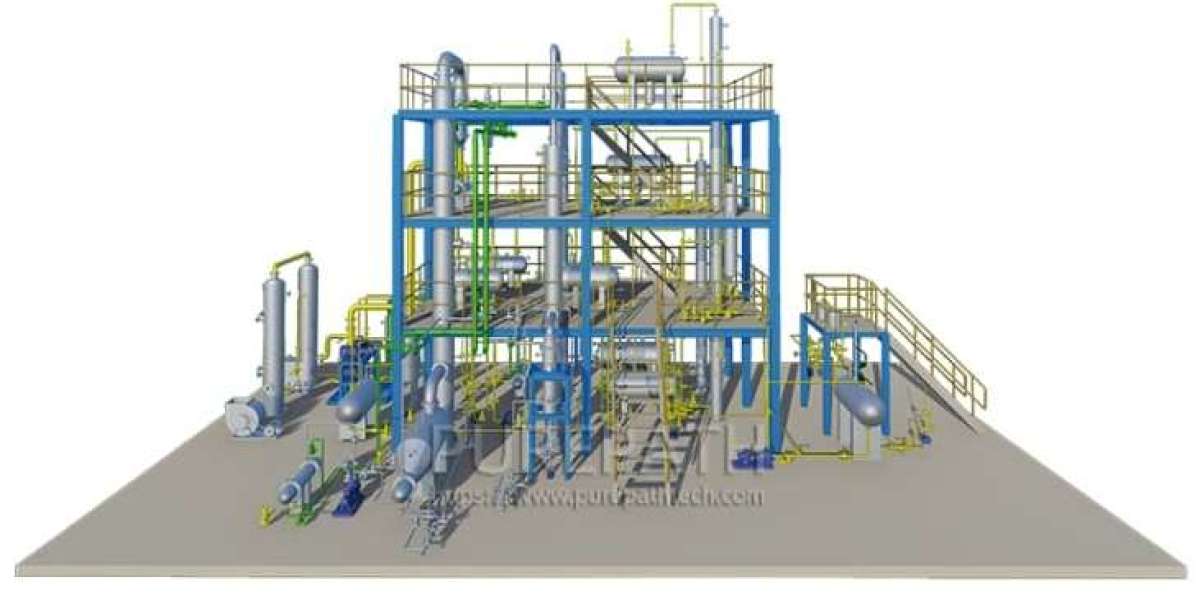Opportunities of UOD for Diesel Fuel
Enhanced Fuel Quality: UOD can significantly reduce the sulfur content in diesel fuel, resulting in cleaner-burning fuel that produces fewer harmful emissions.
Reduced Environmental Impact: Lower sulfur levels in diesel fuel contribute to reduced air pollution, including particulate matter and sulfur oxides, which have negative health and environmental consequences.
Improved Engine Performance: Cleaner fuel can lead to improved engine performance, increased fuel efficiency, and reduced maintenance costs.
Compliance with Regulations: As environmental regulations become stricter, UOD can help refineries meet and exceed sulfur content standards for diesel fuel.
Synergy with Other Technologies: UOD can be integrated with other refining technologies, such as hydrodesulfurization, to achieve even lower sulfur levels.
Challenges of UOD for Diesel Fuel
Scalability: Scaling up UOD for commercial-scale diesel fuel production can present challenges, including ensuring consistent performance and cost-effectiveness.
Catalyst Selection: The choice of catalyst plays a crucial role in UOD efficiency. Developing and optimizing catalysts that are effective, durable, and environmentally friendly is an ongoing area of research.
Oxidant Selection: The selection of an appropriate oxidant (e.g., hydrogen peroxide, air) is another important consideration. The oxidant must be effective at oxidizing sulfur compounds while minimizing side reactions and environmental impacts.
Process Optimization: Fine-tuning the UOD process, including reaction conditions, ultrasonic power, and solvent selection, is essential for maximizing sulfur removal while minimizing energy consumption and costs.
Economic Feasibility: The economic viability of UOD depends on factors such as the cost of equipment, energy consumption, catalyst costs, and the value of the reduced sulfur content in diesel fuel.
Future Directions
Despite the challenges, UOD offers significant potential for improving diesel fuel quality and reducing environmental impacts. Future research and development efforts should focus on:
Developing more efficient and cost-effective catalysts and oxidants.
Optimizing the UOD process for large-scale commercial applications.
Integrating UOD with other refining technologies to achieve even lower sulfur levels.
Addressing economic and environmental concerns associated with UOD.
By addressing these challenges and capitalizing on the opportunities, UOD can play a vital role in transitioning to a cleaner and more sustainable energy future.








